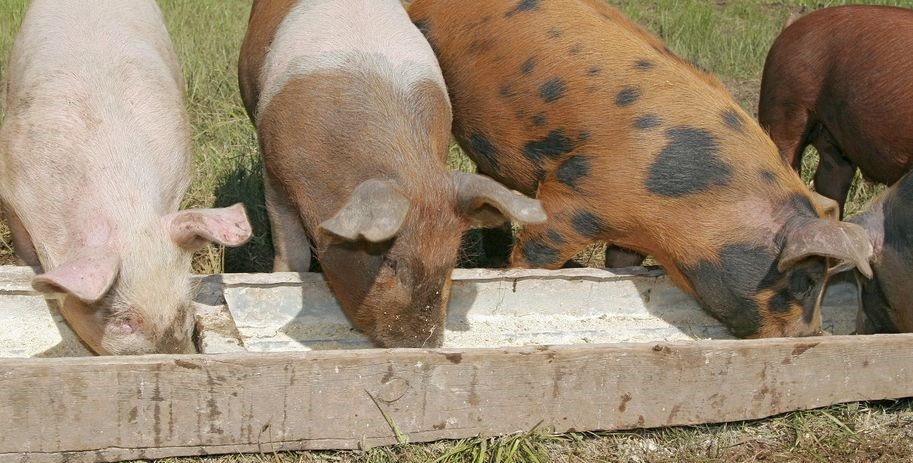
This measure has been introduced by government following discussions between pig industry bodies and the Department for Environment, Food and Rural Affairs (Defra). Unlike other notifiable diseases in pigs, there is no legislative requirement for official testing, culling, movement controls or other restrictions. Controlling the disease will be industry-led.
Under the new legislation, the Animal and Plant Health Agency (APHA) is legally permitted to inform the industry levy board, Agriculture and Horticulture Development Board Pork (AHDB Pork) of all suspect and confirmed cases. AHDB Pork will use this information for the purposes of disease control, by providing biosecurity advice to the pig unit concerned and alerting those at risk.
Chief Veterinary Officer, Nigel Gibbens said: "We have made porcine epidemic diarrhoea a notifiable disease in consultation with the pig industry to better protect our pig herds from the high impact virus strains which have been reported affecting pigs in America, Asia and Ukraine.
By reporting all suspect cases, farmers can help identify outbreaks of the disease earlier and give pig keepers and their vets more time to take action to minimise the impact on our pig industry.
In the event of an outbreak, AHDB will share information with those affected or at risk and will provide help and advice on maintaining strict biosecurity standards and other measures to control disease and reduce the risk of spread of infection."
Porcine epidemic diarrhoea virus (PEDV) is a coronavirus that infects the cells lining the small intestine of a pig, causing severe diarrhoea and dehydration. The disease is most serious in new born sucking piglets, where the strain of PEDV which causes more severe disease can result in mortality up to 100%.
PEDV is harmless to humans and other farm animals and is not a food safety risk. It is highly infectious and is mainly spread by infected pigs and anything contaminated with their infected faeces. Its spread can however be controlled if scrupulous biosecurity measures are followed.
PED remains a significant threat to British pig herds. Outbreaks of a high-impact strain of PEDV have been detected in North America, Asia and more recently the Ukraine. There have been no reports of this strain in the European Union, including the UK, but there are other strains of PEDV circulating in mainland Europe. Making PED notifiable in England will enable the pig industry to take prompt and targeted action to manage any PED outbreaks more effectively.
John Blackwell, Senior Vice President of the British Veterinary Association, said: “From today pig-keepers will be required to contact APHA if they have any suspicion of PED in their livestock - this is a step in the right direction and a result of joined up working between the industry, the veterinary profession and policy makers.
PED is a devastating disease and we hope these measures will be sufficient to protect animals and pig-keepers in England from future outbreaks. We are encouraged by current proposals to make PED notifiable in Scotland and are keen to see similar measures in place across the rest of the UK.”
Dr Mandy Nevel, President of the Pig Veterinary Society, said: “The Pig Veterinary Society was actively involved in the decision to make PED notifiable in England and we fully support the decision. Whilst we hope PED does not come into England, the legislation will facilitate rapid diagnosis, control and eradication in the event of a case occurring. We urge the rest of the UK to take similar action.”
